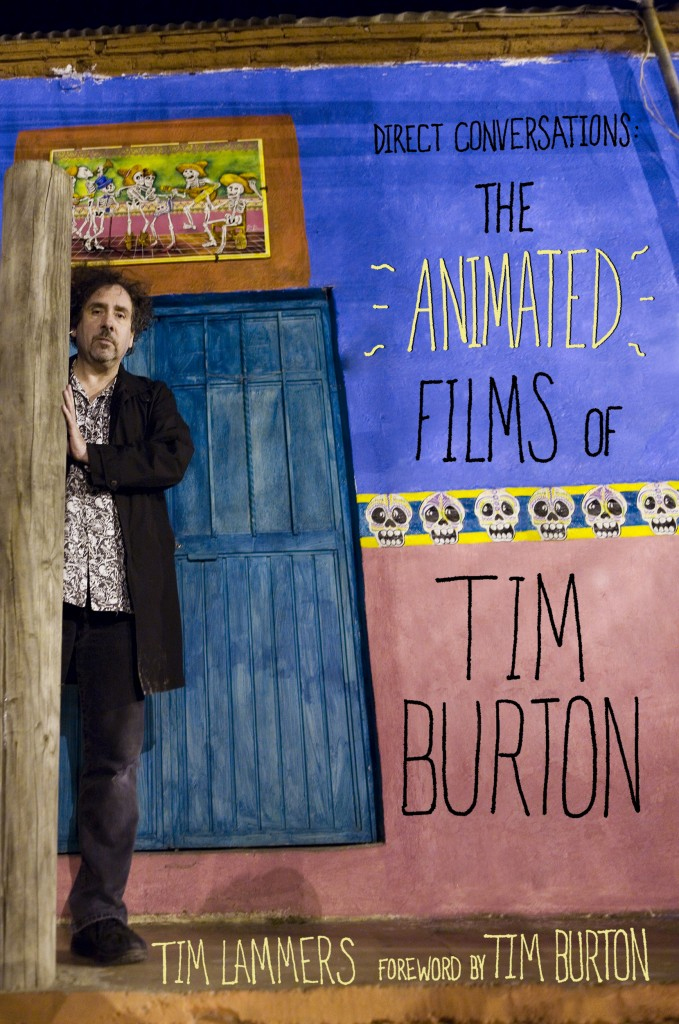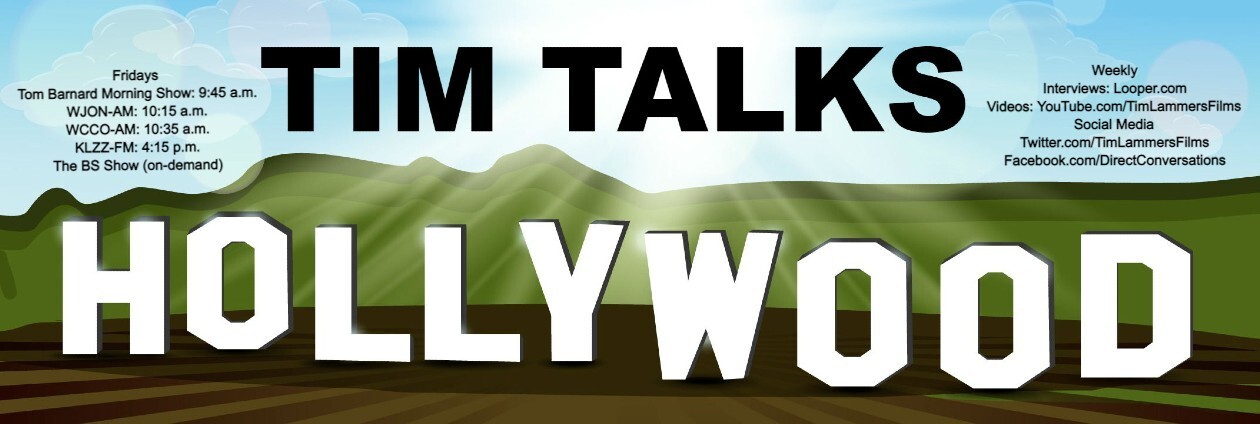“The Hateful Eight” (R) 2 stars (out of four)
It’s hard to get behind a movie where most everybody is hateful, especially one that is nearly three hours long. But that’s the case of Quentin Tarantino’s whacked-out Western “The Hateful Eight,” a movie typical of the controversial filmmaker’s style of excessive, graphic and sometimes downright perverted violence, talky dialogue and the liberal use of the N-word. Tarantino clearly wants to think of himself in the hall of great filmmakers throughout history with this attempt at a cinematic epic, but instead succeeds at remaining a legend in his own mind.
At 2 hours, 49 minutes, the wide release version of the film (his 70mm “Roadshow” version is even longer, and includes an overture and intermission), the biggest thing working against “The Hateful Eight” is it unnecessarily excessive length. The long and short of it is, the film surrounds the plight of eight characters (did I call them hateful?) who are forced to live in closed quarters with each other during a fierce blizzard in the mountains of Wyoming anywhere from 6-12 years after the end of the Civil War. Holed up in a lodge called Minnie’s Haberdashery, all eight of the characters have an extreme distrust of each other and their possible hidden motives, raising the tension level so high that it’s quite apparent that not everyone is going to make it out alive before the blizzard lets up.
One of them, the bounty hunter John Ruth (Kurt Russell), believes the prisoner he’s taking to Red Rock to hang — the murderous Daisy Domergue (Jennifer Jason Leigh) — is in cahoots with at least one of the people in the cabin, and they’re plotting her escape and killing everybody else in the process. Also in the lodge is the former Civil War hero-turned-bounty hunter Major Marquis Warren (Samuel L. Jackson), former Confederate General Sandy Smithers (Bruce Dern) and the presumed sheriff of Red Rock (where Daisy will hang) Chris Mannix (Walton Goggins). Rounding out the “hateful eight” are the shifty innkeeper Bob (Demien Bichir), and two other travelers – the cowboy Joe Gage (Michael Madsen) and hangman Oswaldo Mobray (Tim Roth).

There’s no doubt Tarantino has a few unique ideas in The Hateful Eight” and assembled a terrific cast for the film, and standing out among them is Leigh, who appears to be reveling in the shameless, vitriol-spewing ways of Daisy. Goggins is also great as Mannix, who has most character arc. Russell is also great as the grizzled bounty hunter who would probably be likable if he didn’t smack Daisy around so much or hurl the N-word with reckless abandon. But because he does, he’s hateful, too.
Tarantino’s biggest problem is he believes in his own hype and simply doesn’t know when to stop. Perhaps the biggest issue is the inclusion, once again, of “real” dialogue, featuring characters having mundane conversations with one-another. Hey, a bit of reality is great, but it shouldn’t come as a big surprise that it’s also monotonous, pointless chatter that does nothing to move the story along. The movie would have been a lot better an hour shorter.
Not surprisingly, “The Hateful Eight” gets preachy, too, broaching political issues. Tarantino obviously likes to stir the pot, whether it’s with his N-word-filled dialogue, or off-camera with his inflammatory rhetoric against New York City police officers. In this film, clearly the guy isn’t afraid to say or demonstrate anything through his “vision,” including the repeated beatings of a woman and a sick scene of sexual violence and humiliation (told in flashback) perpetrated by one of the eight. Of course, both targets of the hate have questionable backgrounds, which apparently makes Tarantino think it’s OK to brutalize them.
The question is why, after eight films, does the filmmaker continue to do it? If anything, the three hours of “The Hateful Eight” will give its viewers enough time to think about why they keep letting this guy off the hook. True, his “Pulp Fiction” was revolutionary for its time, but since he’s been giving us the same flavors — some tasty, some bitter, some vile — packaged in different ways. It’s time to shake up the formula, Quentin.



